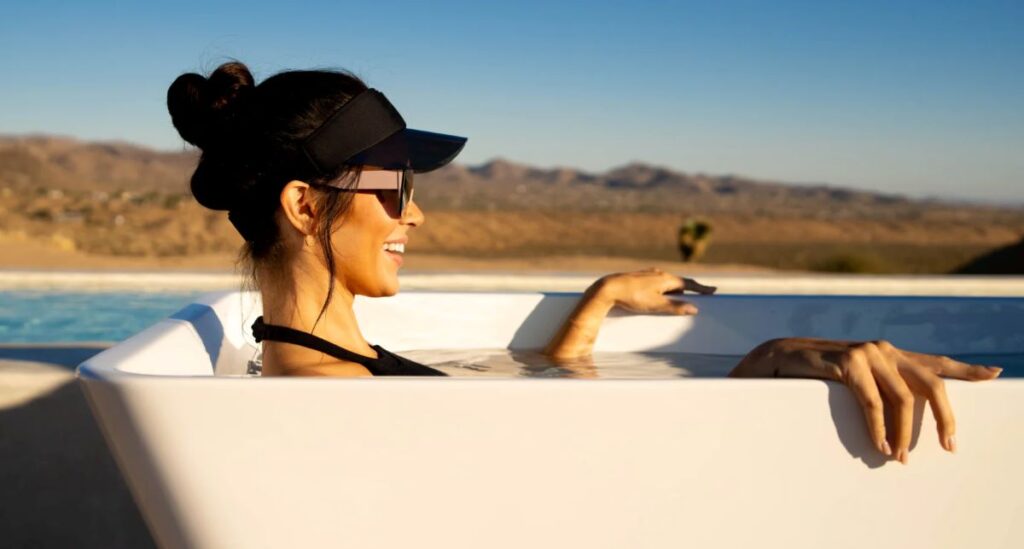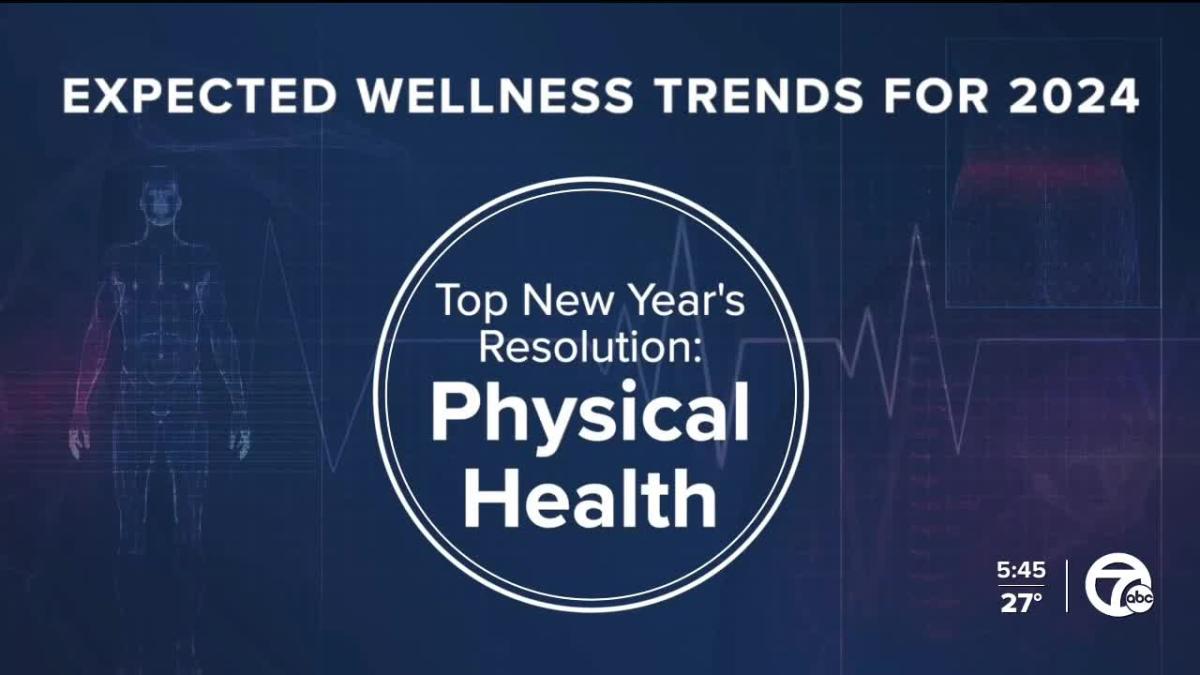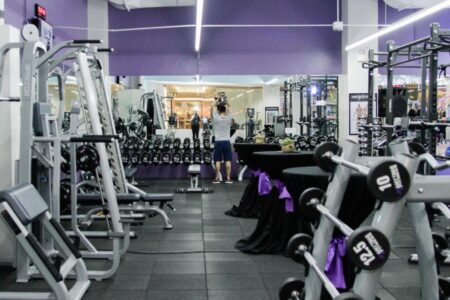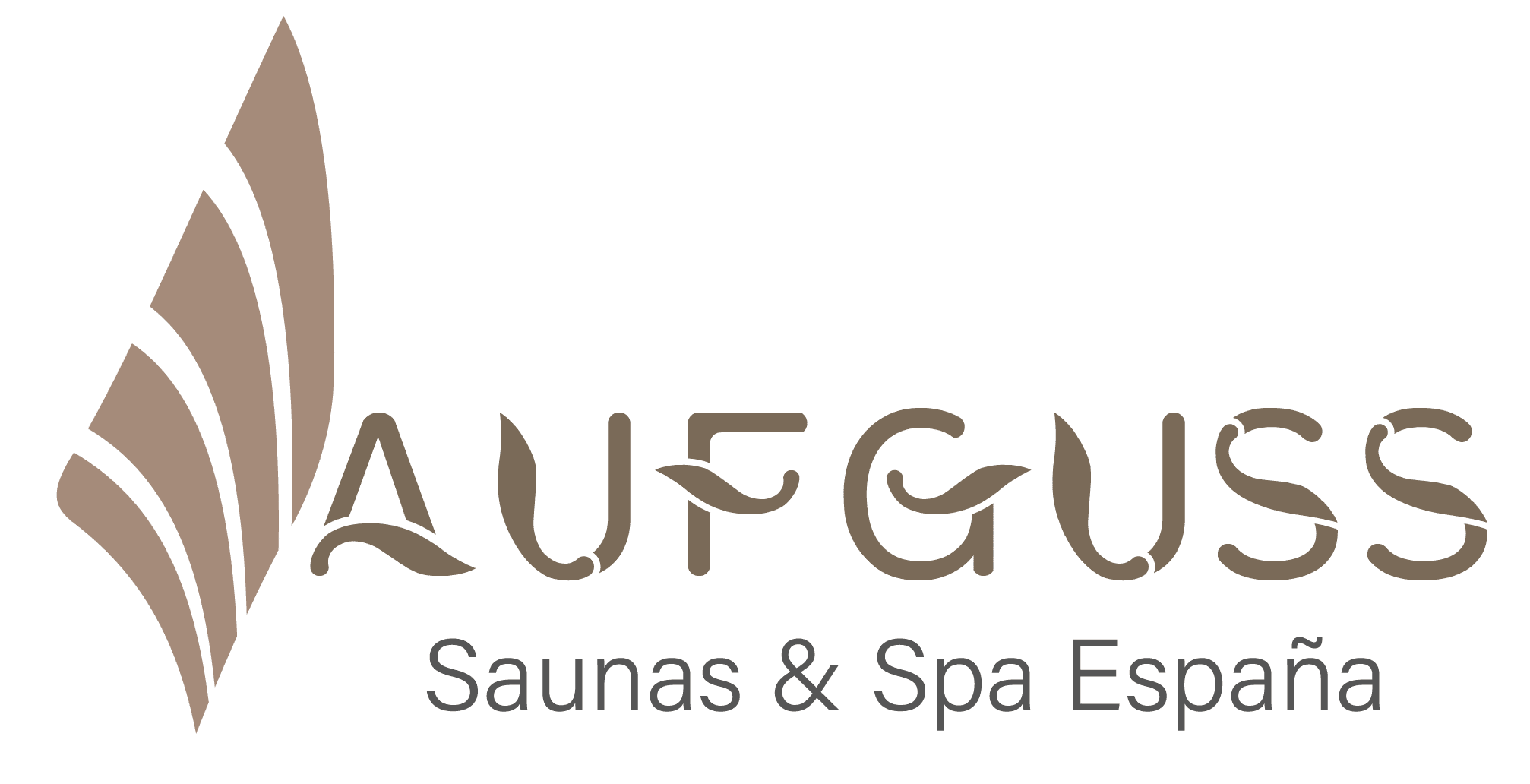The Global Wellbeing Summit (GWS) published its annual report today The future of welfareThe longest and most in-depth forecast (120 pages) of what will make waves in welfare in 2024.
In the more than 20 years that this trend team has been analysing the wellness space, there have been more changes in 2023 than in the last decade. There is certainly momentum: the global market will grow from US$5.6 trillion today to US$8.5 trillion by 2027The current economic crisis, and countless surveys reveal that wellbeing has never been a more important priority for people than it is today. But what kind of wellbeing matters (and for whom) is experiencing a profound transformation.
Generational, income and gender gaps are widening in the culture and are creating a landscape of welfare increasingly defined by very different markets and mindsetsThe GWS calls these markets "the most important, even contradictory, markets". The GWS calls these markets of polarised welfare "hard care" and "soft care".". "Hardcare"describes the new welfare market hyper-medical, high-tech and even more expensive. "Softcare"captures the new desires for low-pressure, simpler, less costly and less self-optimised wellness, where emotional and social wellbeing is paramount. This trend report illustrates how there is no longer a narrative of well-being or a unifying trend. The future is both 'harder' and 'softer' care, and that polarity will only widen.

Themes of the report:
More "intensive care"From longevity clinics to weight-loss drugs, medicine is entering with a vengeance: the speed at which medicine is invading the wellness market is staggering. One trend explores how the quest for longevity will continue to dominate the health and wellness spaceThe new, high-cost, highly medical longevity clinics are becoming the new commercial genre, offering everything from advanced diagnostics to stem cell treatments. Equally striking is the speed with which new weight-loss drugs have disrupted wellness business focused on behaviour change, be they diet platforms or resorts. Our trend looks at the impact of these drugs, how wellness companies quickly pivoted to prescribing Big Pharma's magic 'shots' and how the future is that the wellness market to offer a healthier and more comprehensive approach to weight loss.
More "SOFT CARE", more low-fi, ancient, social, emotional and deeply human wellbeingThe media has been covering how younger generations (especially women) are struggling with this last decade of high-pressure, super-commodified wellbeing. Redefining true wellbeing as something less tidy, more joyful, simpler and cheaper. New desires for a simpler and deeper wellbeing drive one of our top travel trends of the year: how a record number of revitalised pilgrimage trails around the world are attracting new generations to the oldest, slowest, most communal and spiritual form of travel. And if wellness has been complicit in clichéd visions of masculinity (focused solely on the physical), another trend explores how to welfare will eventually adopt a more humane approach to man, with a wave of retreats, small groups, and applications focusing on the human social and emotional well-being.
Well-being will address serious crises, from climate threats to women's health: with temperatures breaking records every year, a trend explores a new "climate-adapted wellbeing"an increase in solutions that can cool our homescities and bodies. And since solving women's health problems that are largely ignored is now a heartbeat of wellbeing, another trend explores how desperately needed is the innovation in postpartum care for new mothers (and fathers)), from postpartum retreats to new mental health applications.
New technologies, new categories of wellbeing: several trends illustrate how innovation in wellness technology is accelerating. Some explore how our homes are becoming hi-tech health centreswith everything from medical-grade diagnostic systems to smart furniture that makes real-time wellness adjustments. Technologies such as generative AI are also powering a new era of "smart" and "smart" living.art of well-being". If experiencing art has always been a passive affair, a new wave of art experiences in museums, tourist centres and public spaces is making it a passive affair. a deeply immersive multi-sensory experiencedesigned specifically to boost your mental wellbeing.







